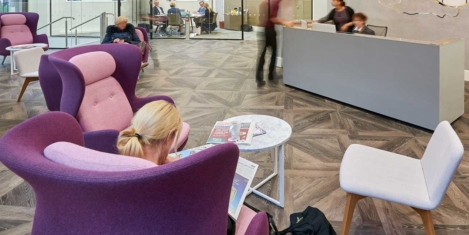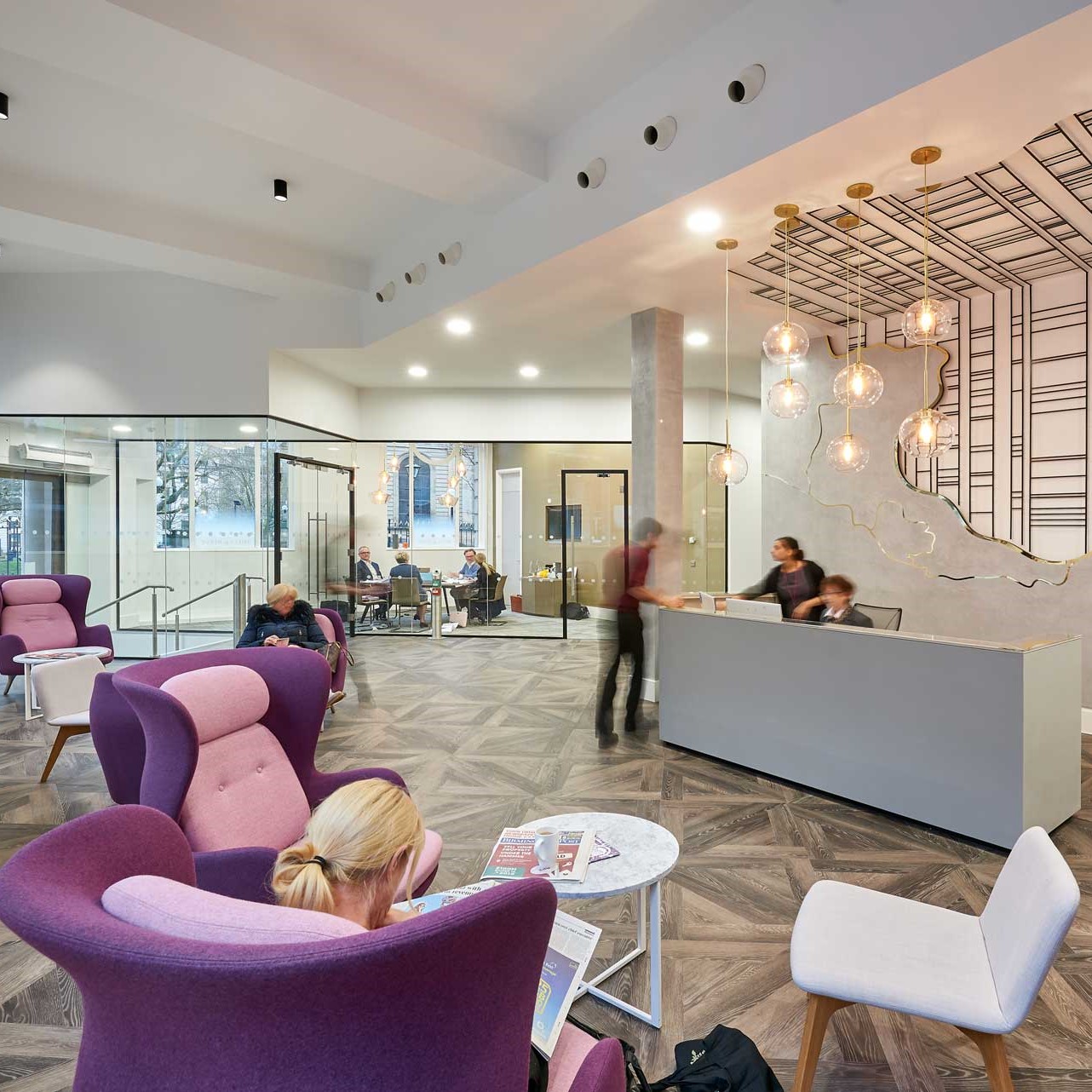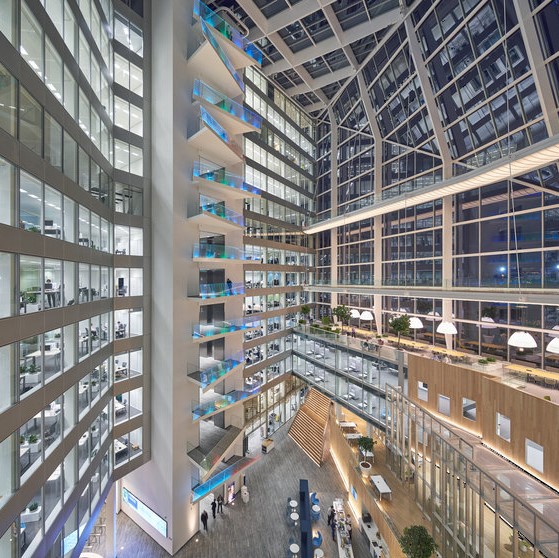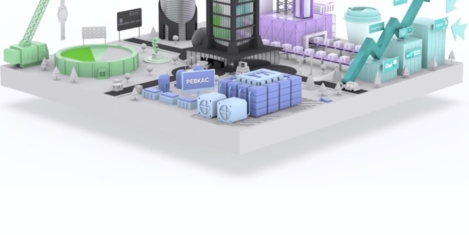November 5, 2019
World Economic Forum announces major circular economy initiative
 The World Economic Forum is creating a new partnership which it claims will harness the potential of technology innovation and smart policy to fast-track the circular economy. WEF claims that SCALE 360 will collaborate with government, business, civil society and entrepreneurs around the world to find bright new ideas that will help us cut the waste in the world’s economies. It defines a circular economy as a regenerative approach to production and consumption, in which products and materials are redesigned, recovered and reused to reduce environmental impacts. Research shows that this transition could generate $4.5 trillion in additional economic output by 2030. (more…)
The World Economic Forum is creating a new partnership which it claims will harness the potential of technology innovation and smart policy to fast-track the circular economy. WEF claims that SCALE 360 will collaborate with government, business, civil society and entrepreneurs around the world to find bright new ideas that will help us cut the waste in the world’s economies. It defines a circular economy as a regenerative approach to production and consumption, in which products and materials are redesigned, recovered and reused to reduce environmental impacts. Research shows that this transition could generate $4.5 trillion in additional economic output by 2030. (more…)


































October 14, 2019
The importance of patience in the workplace
by Antonio Argandoña • Comment, Wellbeing, Working lives